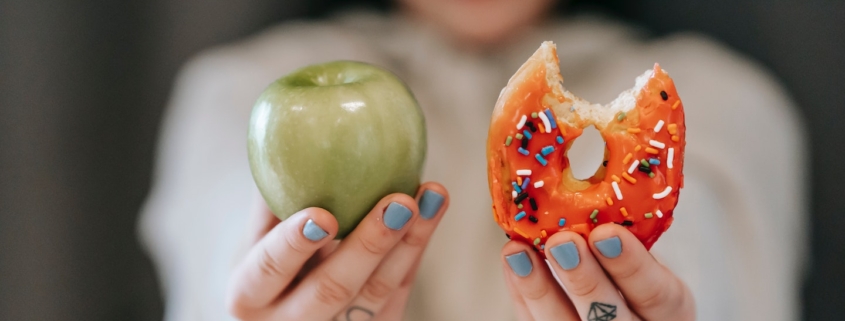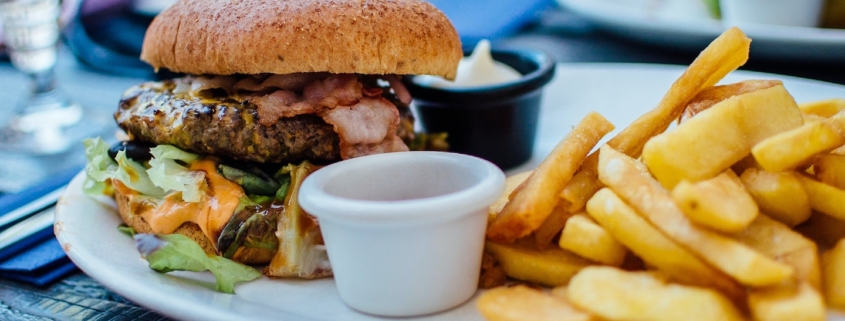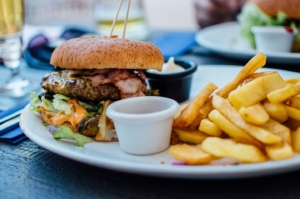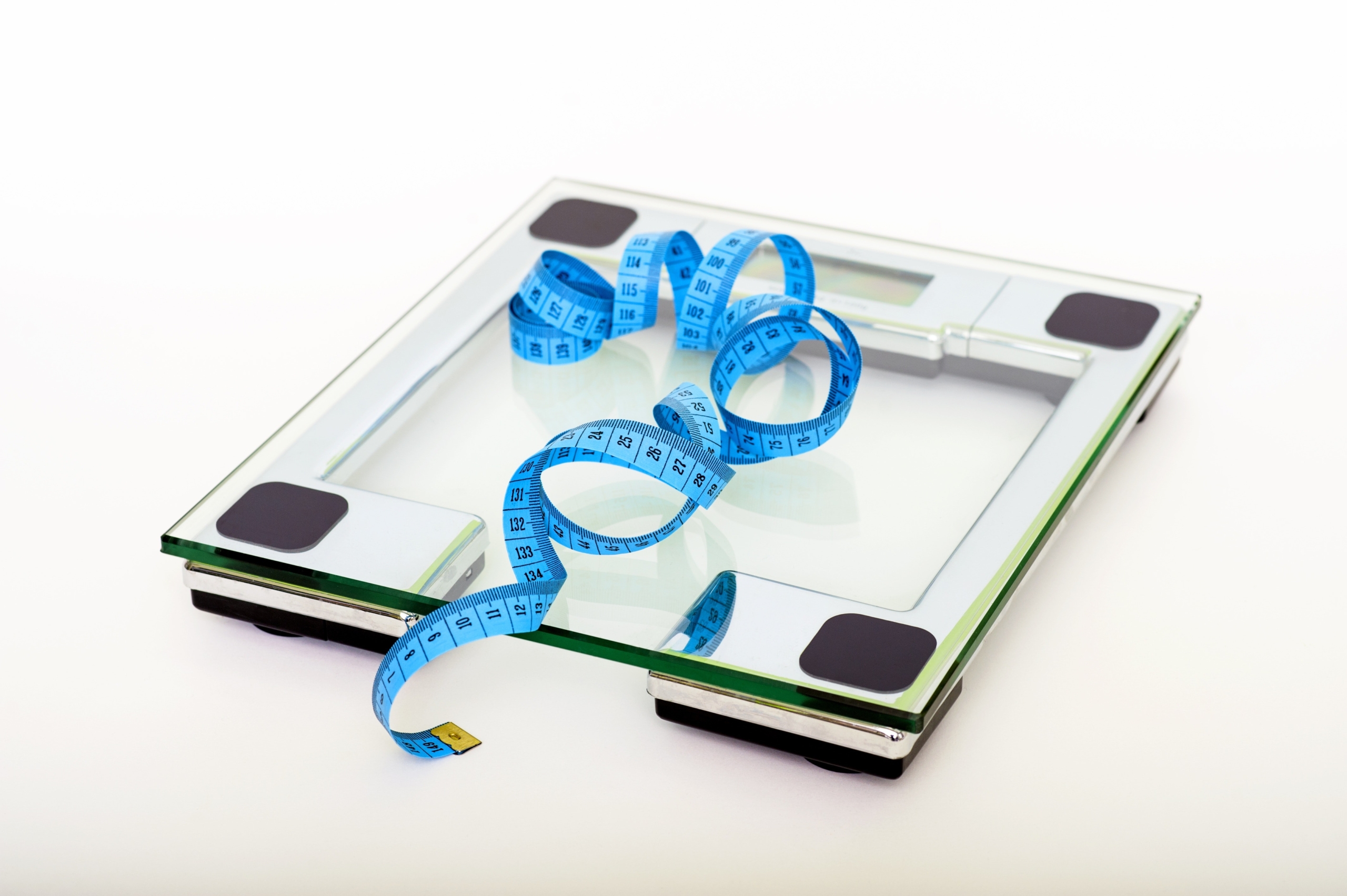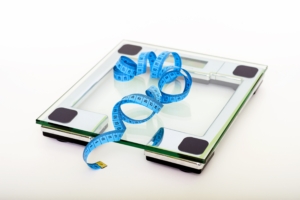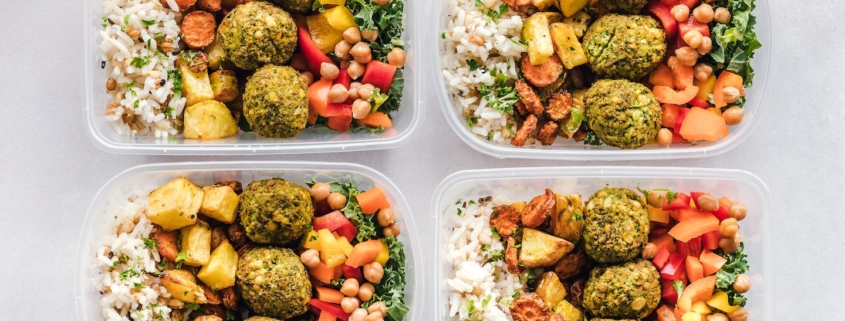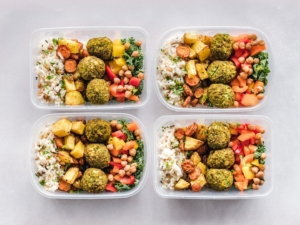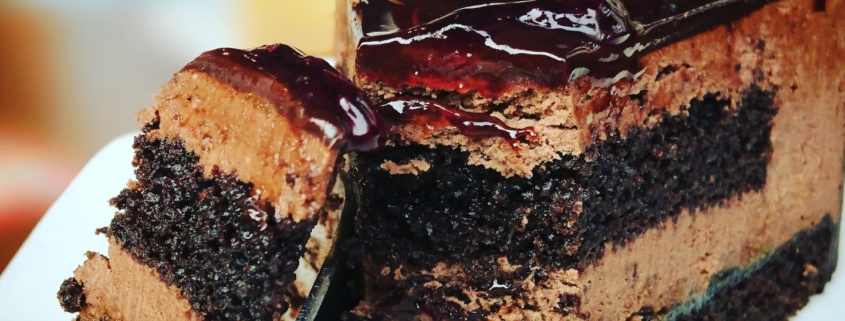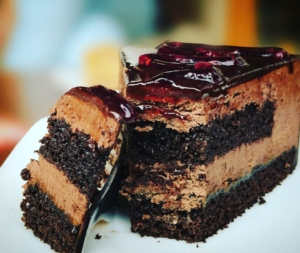5 Steps to Saying Goodbye to Dieting
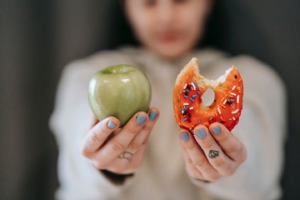 A common question that I’m asked by my clients who have started the intuitive eating journey is, “How can I tell when I’m satisfied??”
A common question that I’m asked by my clients who have started the intuitive eating journey is, “How can I tell when I’m satisfied??”
This is a short and straight-to-the-point question. But often so difficult for someone to figure out. When eating a meal, it can be hard to determine when you’re satisfied to stop eating.
If you’re someone who has dieted for quite some time, then likely you’re also struggling with not being able to hear your fullness signals. The mere act of dieting causes your signals to atrophy.
Why? Because you aren’t using them!
You stop your meal when the diet plan tells you that you have had enough. You’re pushing the plate away when it’s empty. You’re putting your fork down based on a limit imposed on you by an outside source. An external source, not your internal signals, is guiding your eating.
Remember, you were born an intuitive eater. You were born knowing when you are hungry to start eating, and when you are satisfied to stop eating. You didn’t need to ask this question because it was just a feeling you had.
And, you TRUSTED it, because you knew no other way but to trust your body.
All these years and oh so many diets later, you no longer feel those signals. And, you don’t have that trust in yourself either.
Which makes it so difficult to know when you’re truly satisfied enough to stop eating.
Okay, so now what?
I’m not going to tell you how to feel your signals. This is something you need to relearn. And it IS POSSIBLE, with the right support, as you travel down your intuitive eating journey.
But I will share some beginning steps that you can take.
5 Steps to Saying Goodbye to Dieting
- Make the commitment to never diet again.
This may sound like an easy step, but it’s actually the hardest. Make that first decision to throw the dieting handbook out the window and listen to your body.
- Re-affirm this commitment to never diet again.
Dieting has become so ingrained in our culture it may take a few times to fully release yourself from the rules of dieting.
- Stay strong in this commitment.
This can be challenging as you are surrounded by diet culture and its harmful messages (and family and friends that might be dieting and want some company).
- Forget the scale.
Move away from determining success on your journey based on a number on a scale. You are more than a number.
- Re-affirm your commitment to never diet again.
Look at all the progress you’ve made thus far and celebrate it!
You see, if there’s any part of you that is still holding on to “maybe that will help me lose a few pounds”, then you will turn intuitive eating into the hunger-fullness diet (aka ‘The Intuitive Eating Diet’).
I’ve seen this happen way too many times. So, check in with yourself and ask yourself if you’re truly ready to leave your dieting habit and the scale behind.

